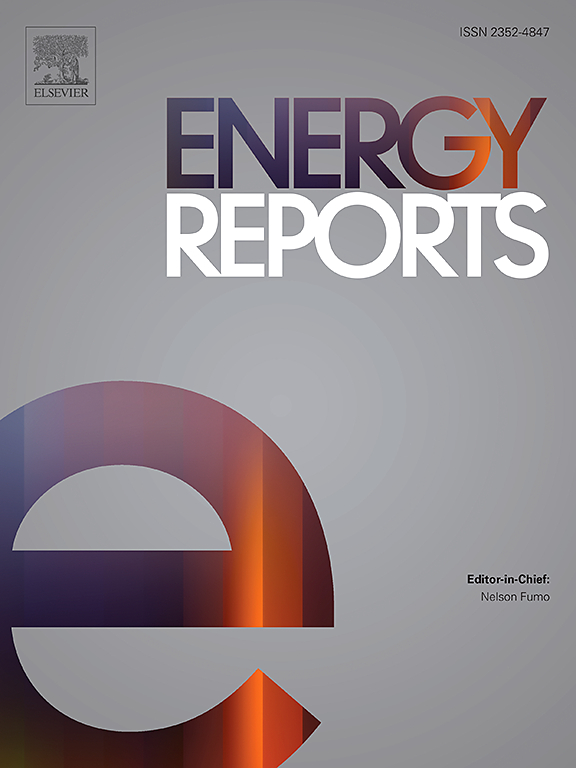Strategic power expansion and renewable integration in pathways to the Net-Zero in Vietnam
IF 5.1
3区 工程技术
Q2 ENERGY & FUELS
引用次数: 0
Abstract
Decarbonizing the power sector and the transition to a low-carbon energy future are critical strategies for reducing emissions. A major challenge in adapting conventional power systems to incorporate low-carbon energy sources is variable outputs of renewable energy. Energy storage systems (ESS) offer a solution to mitigate these fluctuations. Given the complexity of input data and non-convex constraints, capacity planning for renewables and ESS has become mainstream research with the development of various methodologies and applications. This study develops two integrated models to address these challenges: (i) a capacity expansion model based on Linear Problem, and (ii) an hourly dispatch model using Mixed Integer Linear Problem. Applied to Vietnam’s latest national power development plan, the PDP8, our analysis of three future scenarios reveals significant potential of integration of renewable energy post-2030. Additionally, the study outlines criteria for selecting ESS locations in Vietnam, taking into account factors such as congestion, load shedding, and renewable energy curtailment. Our results show that ESS deployment can significantly reduce renewable energy curtailment, while effectively addressing load shedding requires appropriate penalty mechanisms for power companies. Our findings offer insights for policymakers and power system planners facing reliability, operational efficiency, and decarbonization trade-offs in energy transitions.
战略电力扩张和可再生能源整合在越南实现净零的道路上
电力部门脱碳和向低碳能源未来过渡是减少排放的关键战略。调整传统电力系统以纳入低碳能源的一个主要挑战是可再生能源的可变输出。储能系统(ESS)提供了一种缓解这些波动的解决方案。考虑到输入数据的复杂性和非凸约束,随着各种方法和应用的发展,可再生能源和ESS的容量规划已成为主流研究。本研究开发了两个集成模型来解决这些挑战:(i)基于线性问题的容量扩展模型,(ii)基于混合整数线性问题的小时调度模型。应用于越南最新的国家电力发展计划PDP8,我们对三种未来情景的分析揭示了2030年后可再生能源整合的巨大潜力。此外,该研究还概述了在越南选择ESS地点的标准,考虑到拥堵、负荷减少和可再生能源弃用等因素。我们的研究结果表明,ESS部署可以显著减少可再生能源弃电,而有效解决减载问题需要对电力公司采取适当的惩罚机制。我们的研究结果为能源转型中面临可靠性、运行效率和脱碳权衡的政策制定者和电力系统规划者提供了见解。
本文章由计算机程序翻译,如有差异,请以英文原文为准。
求助全文
约1分钟内获得全文
求助全文
来源期刊

Energy Reports
Energy-General Energy
CiteScore
8.20
自引率
13.50%
发文量
2608
审稿时长
38 days
期刊介绍:
Energy Reports is a new online multidisciplinary open access journal which focuses on publishing new research in the area of Energy with a rapid review and publication time. Energy Reports will be open to direct submissions and also to submissions from other Elsevier Energy journals, whose Editors have determined that Energy Reports would be a better fit.
 求助内容:
求助内容: 应助结果提醒方式:
应助结果提醒方式:


